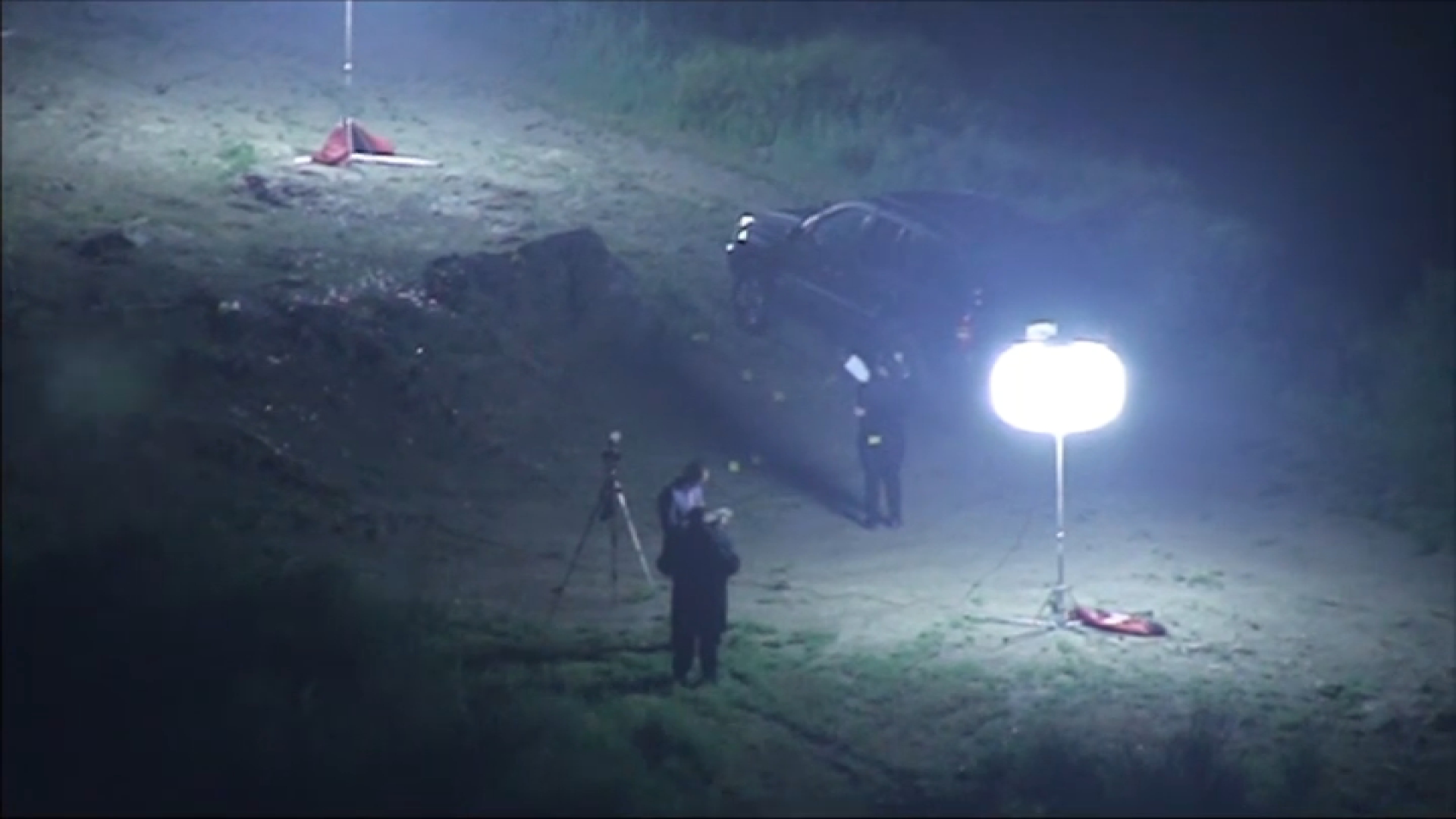Several events will be held this weekend to mark the 50th anniversary of the Chicano Moratorium, which started as a peaceful protest against the Vietnam War and the disproportionately high number of Mexican American casualties.
Luis J. Rodriquez was among the more than 20,000 people, mainly young Latinos, who filled the streets of East LA for the Chicano Moratorium on Aug. 29, 1970.
"It was a very peaceful thing, people need to know that,” Rodriguez, an author and activist, said. "I was a cholo gangster and thought, ‘I'm going to party,’ but this changed me. It was amazing to me that our people could be so proud."
The protest took a violent turn when LA County Sheriff's deputies tried to make arrests for stolen beer at a nearby liquor store.
"The sheriff's deputies used it as an excuse to attack everybody. They attacked us. I was one of the first taken in. I was beaten in the head and put in a squad car and then I saw all the teargas and people being attacked,” Rodriguez said.
Protesters lit patrol cars and buildings on fire. Hundreds were injured and three people were killed by deputies, including LA Times reporter Ruben Salazar, the first Mexican American to cover the Latino community for mainstream media.
His focus was on racial profiling and the police brutality of Mexican Americans, the same issues at the center of the Black Lives Matter movement.
Local
Get Los Angeles's latest local news on crime, entertainment, weather, schools, COVID, cost of living and more. Here's your go-to source for today's LA news.
Although the Chicano Moratorium was half a century ago, Rodriguez notices parallels to what's happening today in the social and racial injustice movement.
"People are trying to say we need a shift. We need a paradigm shift. We need something to finally bring justice to the center,” he said.
For many young people who were there, the Chicano Moratorium was the catalyst for careers in politics, academia and activism, including Rodriguez. He's an esteemed author of more than a dozen books, founder of a bookstore and cultural center, and a former poet laureate of the city of LA.
Thursday night, he took part in a live poetry hour for the Broad stage, while remembering the events of 50 years ago and the need to continue the fight for social justice.



